Drug addiction is a tough battle, but no one should face it alone. Both outpatient and inpatient rehabilitation resources are available to address marijuana addiction, providing support throughout your recovery journey.
Addressing Marijuana Dependency
Marijuana addiction can have life-altering impacts. If you or someone close to you struggles with marijuana addiction, it’s time to seek help. Numerous marijuana rehabilitation centers are available to provide relief. Considering all options before deciding on a particular rehab program is crucial. Our team will guide you through this critical selection process.
Outpatient programs offer patients the freedom to remain at home and fulfill daily responsibilities, while inpatient or residential programs provide round-the-clock care and support. Each category offers various modalities, strategies, and options that need careful comparison and consideration.
Use the form below to discover whether your insurance may cover the cost of rehabilitation at one of our many facilities located throughout the country.
The Inner Workings of Marijuana Treatment Programs
Each treatment program is uniquely tailored as no two addictions are alike. We offer expert guidance regarding the inpatient marijuana rehab facilities you’re considering. A typical treatment process involves the following steps:
- Initial intake assessment for personalized treatment plan development.
- Detoxification period.
- Counseling designed around your addiction.
- Specialized care to address physical, emotional, and mental health issues discovered during treatment.
- Aftercare planning to prevent a relapse after the residential phase.
Duration of Marijuana Addiction Treatment
Inpatient marijuana treatment facilities generally offer flexible program lengths to accommodate individual needs and insurance considerations. Commonly, residential programs last 30, 60, or 90 days. Remember, addiction is a chronic disease prone to relapse. However, the National Institute on Drug Abuse reports that most people find 90-day residential treatment programs offer the best chances for long-term recovery.
Confidentiality in Marijuana Rehabilitation Facilities
In licensed rehab facilities, you can expect private and confidential marijuana addiction treatments. Your treatment details remain undisclosed unless you choose to share them.
Costs of Marijuana Addiction Treatment
Costs vary depending on the selected inpatient marijuana rehab facility. Public and private facilities have different pricing structures. Many private centers offer financing options, and most accept insurance.
Other resources for financing rehab treatment include:
- Insurance coverage for Alcohol and Drug Rehabilitation
- Understanding Rehab Costs
- Funding Rehabilitation Without Insurance
Choosing the Best Marijuana Rehabilitation Facility
Whether to attend a local or out-of-state rehab facility will depend on the individual. We’re here to guide you towards a program that suits your specific needs. Some find comfort being near family, while others thrive when distanced from triggers linked to their addiction.
Inpatient vs Outpatient Marijuana Rehabilitation
There’s ongoing debate about whether inpatient or outpatient treatment best serves an individual’s needs. We’ll help you decide by considering multiple factors.
Inpatient Drug Rehab Facility
For severe drug and alcohol addiction cases, inpatient drug rehab facilities can provide intensive counseling and resources. These programs can help you overcome addiction, get back on track, and lead a fulfilling life.
Outpatient Rehab Facility
Choosing to seek addiction treatment is a crucial decision. The choice shouldn’t be based on the size of a phone book ad. Several factors need consideration when selecting a program. We’re here to guide you on how these factors influence your treatment.
Benefits of Inpatient Marijuana Treatment Facilities
- 24/7 supervision.
- Immediate medical care access.
- Limited availability of marijuana or other substances.
- Immediate counseling and emotional support when required.
- Structured schedule and environment.
Immediate assistance is essential during vulnerable moments. Outpatient clinics have their own advantages, such as less money spent, less time off work, and less disruption to everyday life.
Importance of Residential Marijuana Addiction Treatment
According to the Substance Abuse and Mental Health Services Administration (SAMHSA), over 215,000 individuals aged 12 and older sought treatment for marijuana addiction in 2015, accounting for 14% of all treatment admissions.
Marijuana addiction is a severe issue with significant repercussions. To succeed with treatment, it’s essential to approach it seriously.
Understanding Marijuana and Its Effects
Marijuana, derived from Cannabis indica and Cannabis sativa plants, is known for its psychoactive effects due to the compound THC. Despite its legality in some states, it remains federally illegal. Marijuana is usually smoked using joints, blunts, or water pipes, though vaporizers and edibles are gaining popularity.
Excessive marijuana use can lead to adverse effects, such as chest pains, anxiety, depression, memory deterioration, lung issues, addiction, hallucinations, and withdrawal symptoms. It’s estimated that between 9% and 30% of marijuana users may become addicted. Fortunately, treatment options are available to help achieve and maintain sobriety.
Marijuana Withdrawal and Its Implications
Frequent marijuana use can lead to dependence. If a user becomes physiologically dependent on marijuana, they may experience withdrawal symptoms when they attempt to quit or reduce usage. Symptoms can include sweating, chills, fever, depression, anxiety, irritability, sleep issues, abdominal pain, reduced appetite, and cravings for more marijuana.
Dependency vs. Tolerance in Marijuana
Dependency occurs when your body gets used to marijuana, making you feel physically uncomfortable when you can’t use it. Tolerance refers to your body becoming accustomed to a certain level of marijuana, requiring a higher dose for the same effect. Both can speed up the progression towards addiction.
Life After Marijuana Treatment: The Path to Lasting Sobriety
Leaving the protective bubble of rehabilitation may seem daunting, especially after extensive programs. Remember, your primary goal is to maintain sobriety. Trust in the self-awareness and life skills gained during treatment. Use these resources to maintain a sober lifestyle and to surmount the hurdles that previously hindered your progress.
Commence your journey towards sobriety today. By regaining control, you can live the life you’ve envisioned as possible. Don’t let addiction dictate your identity. With the right support, you can reclaim your life and reshape your future. We’re here to help guide you towards the most suitable inpatient marijuana rehabilitation programs to facilitate your recovery.
Experiencing Marijuana Withdrawal and Detox
Consulting with professionals like us, experienced in various forms of drug detox, including marijuana, is always the best approach. While the withdrawal process for marijuana is typically less severe than alcohol or opiates, physical and psychological symptoms can still arise and range from minor irritations to significant discomfort.
Potential symptoms of marijuana withdrawal include:
- Insomnia: Several days of sleep deprivation isn’t uncommon, and some instances of insomnia can persist for months.
- Vivid dreams: Extremely emotional or colorful dreams might occur. In some cases, these are replaced by dreams where marijuana use is prominent.
- Depression: Absence of their usual “high” can lead some users into depression.
- Resentment/Irritability: Users may harbor anger against their drug use or the use of others close to them, particularly if they are pressured to quit marijuana and achieve sobriety.
- Memory and concentration problems: These can persist for a month, making it challenging to assimilate new information.
Getting in touch with a reputable detox facility can help manage these symptoms as safely and comfortably as possible.
Considering a Home Detox from Marijuana?
Deciding to quit marijuana is a significant step. Regardless of whether the drug has been used for a few months or several years, the after-effects might linger. If you’re seeking a quick detox, online searches like “how to detox from pot at home” will present numerous home remedies tried by other marijuana users. Various products claim to expedite the body’s cleansing process, mainly designed for consumers worried about upcoming drug screenings detecting their usage.
Although withdrawal symptoms from marijuana are typically less severe than other drugs, individuals may still experience considerable physical discomfort and anxiety.
Marijuana Anonymous recommends several strategies to mitigate the physical and emotional toll of marijuana withdrawal:
- Hydrate: Flush the body by consuming plenty of water and clear liquids. Cranberry juice has demonstrated efficacy in expelling toxins.
- Sweat: Toxins can be expelled via sweating, induced by saunas or intense exercise. Physical activity coupled with a positive mindset can accelerate recovery.
- Take long, warm baths.
- Avoid fatty foods and caffeine during detox.
- Consuming warm milk may help those struggling with sleeplessness.
Should You Opt for a Marijuana Detox Center?
Attempting to quit marijuana “cold turkey” and detoxing without professional supervision can be risky. Various methods and products promise to cleanse your body from marijuana, from affordable specialty shampoos and detox kits to labor-intensive home remedies. However, their effectiveness is uncertain, and some products can be expensive.
THC, the active compound in marijuana, can remain in a person’s system for weeks or even months after discontinuing usage. However, a reputable marijuana detox center has a proven track record of aiding many individuals in overcoming their dependency. We’re here to help you find a marijuana rehabilitation clinic that will safely help you mitigate the effects of marijuana use. Contact us today to get started.
Questions About the Marijuana Treatment Program?
Reach out to us. We’re available to address your questions and concerns promptly.
Check to see if your insurance is in-network at any of our Addiction Centers
- We will conduct an immediate verification of the coverage provided by your insurance provider.
- As a result, you may be eligible for treatment at one of our facilities with a discounted rate.
Disclaimer: Only a medical or clinical professional may diagnose a substance use disorder. This assessment may serve as an indicator of a potential addiction but should not replace a diagnosis from a professional treatment provider.

5951 Clark Center Ave Unit B Sarasota FL 34238
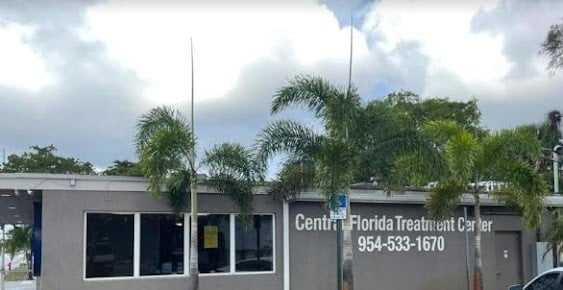
3181 Davie Blvd Fort Lauderdale FL 33312

7255 Meeshow Dr A Springdale AR 72762
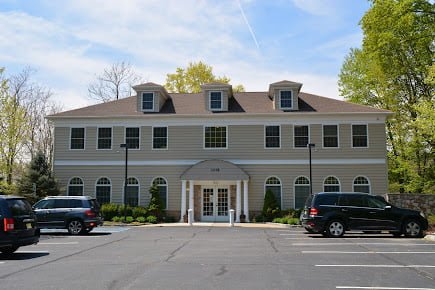
1278 US-46 Ledgewood NJ 07852

3948 N Sheridan Rd Chicago IL 60613

11901 Business Blvd #204 Eagle River AK 99577
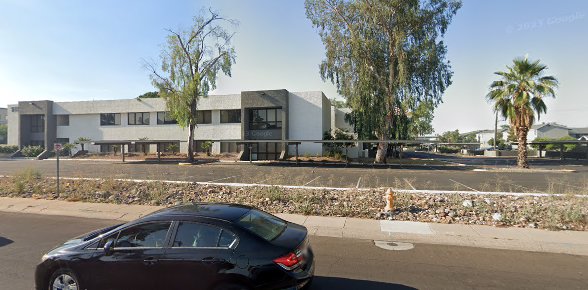
5150 N 16th St b132 Phoenix AZ 85016
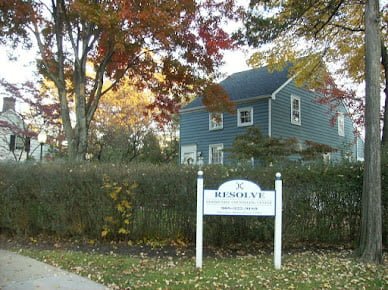
1830 Front St Scotch Plains NJ 07076

11 Welden Dr Doylestown PA 18901

1257 Paiute Cir Las Vegas NV 89106

6100 Greenland Rd Suite 201 Jacksonville FL 32258

309 N Sawmill St Mt Vernon IN 47620

1824 S M St Wall Township NJ 07719
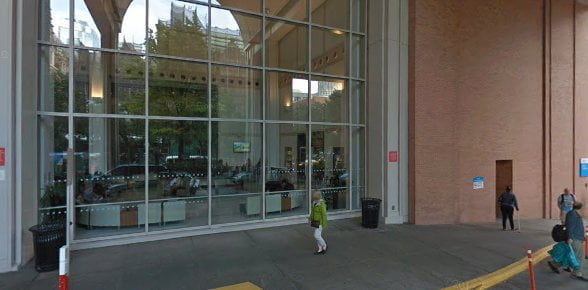
1000 10th Ave New York NY 10019
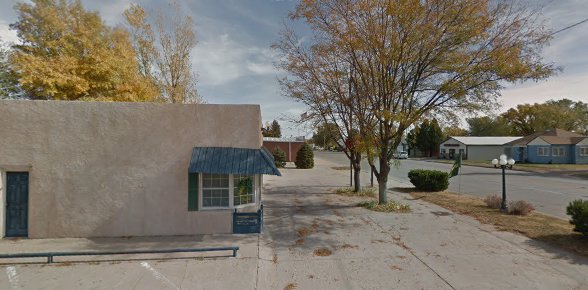
115 N Campbell Ave Holyoke CO 80734

900 N Jackson St Helena MT 59601

3103 Clairmont Rd Suite B Atlanta GA 30329

9735 SW Shady Ln #103 Tigard OR 97223
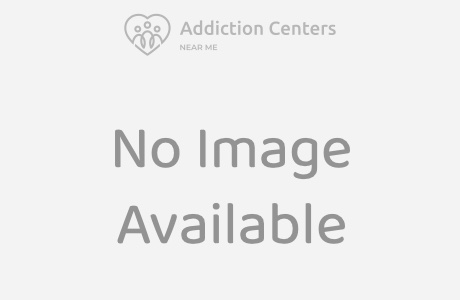
6901 S Van Dorn St Alexandria VA 22315

612 S Willow St Effingham IL 62401
We can help you find the care you need to get clean and stay sober.
View All Facilities


